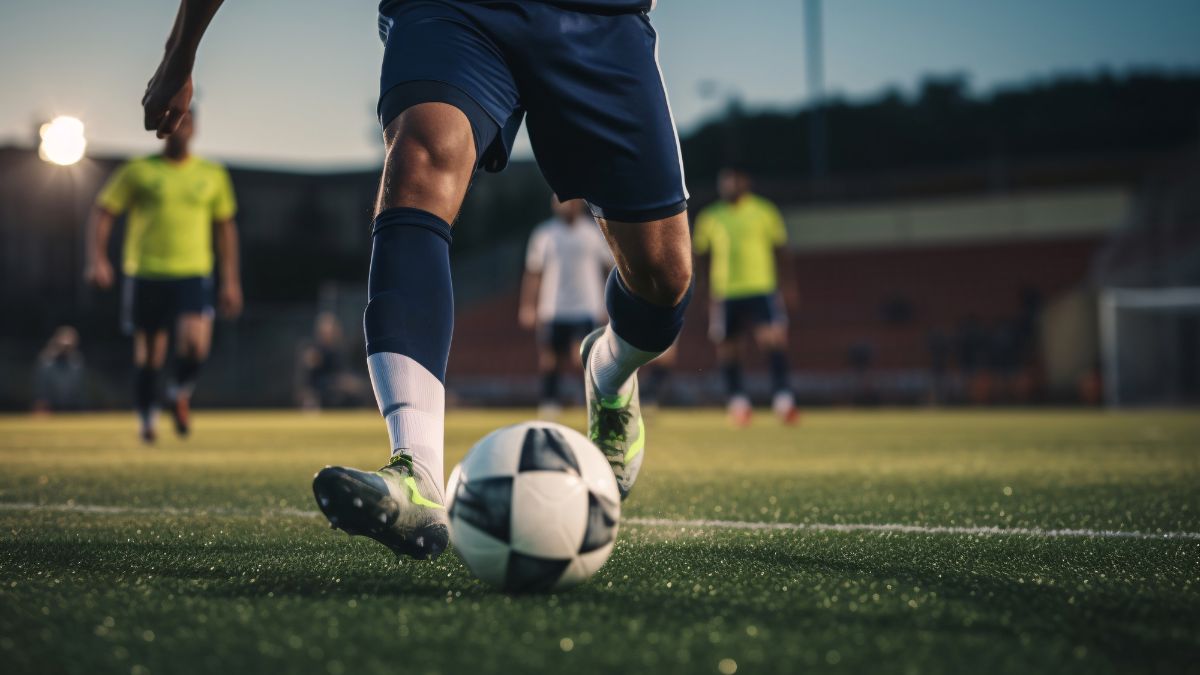A complex issue that requires a careful balance between the excitement of the sport and the safety of participants and spectators.
Full article
Liability for damages during sporting events: an in-depth legal analysis
In the dynamic world of sports, excitement and passion often go hand in hand with risk and responsibility. Sporting events, from soccer matches to racing competitions, attract enthusiastic crowds hoping to enjoy the spectacle. However, behind the excitement and adrenaline, there is a crucial legal facet that regulates liability for damages that may arise during these events.
The legal framework and liability
Under the law, organizers of sporting events have a duty to provide a safe and reasonably risk-free environment for spectators, participants and anyone else involved. This duty extends to a variety of aspects, from facility security to proper crowd management and supervision of event-related activities.
Responsibility of organizers and sporting venues
Organizers of sporting events, including stadiums and arenas, are required to take reasonable precautions to prevent foreseeable harm. This includes implementing safety measures, such as adequate barriers, trained security personnel and clear emergency plans. Should an incident occur that results in injury or property damage, the courts will assess whether this duty of reasonable care was met.
Landmark cases and legal precedents
Historically, legal cases have established important precedents in liability for damages during sporting events. For example, in situations where organizational negligence has resulted in serious injuries, plaintiffs have been successful in claiming damages. These cases underline the importance of due diligence on the part of organizers to prevent known risks and properly manage any emergency situation.

Spectators' participation and personal liability
In addition to the organizers, spectators also have an important role to play in their own safety during sporting events. Often, tickets and admission tickets contain clauses limiting the organizers' liability for injuries suffered by spectators as a result of reckless actions or improper behavior. However, these clauses must comply with legal regulations and cannot exempt organizers from gross negligence.
Relevant rules and regulations
In many countries, there are specific regulations governing safety at sporting events. These can range from construction standards for sports facilities to requirements for the training of security personnel. Regulatory bodies and local authorities often play an active role in monitoring and enforcing these regulations to ensure a safe environment for all involved.
Future prospects and legal considerations
With the continued growth of the global sports industry and ever-increasing spectator participation, liability for damages remains a hot topic. Advances in technology and security may improve risk management, but they also pose new legal and ethical challenges. Adapting laws and regulations to address these challenges will be crucial to protect all stakeholders and maintain the integrity of sporting events.
Conclusion
In summary, liability for damages during sporting events is a complex issue that requires a careful balance between the excitement of sport and the safety of participants and spectators. Organizers have a legal responsibility to maintain a safe environment, while spectators must act responsibly. As the legal and technological landscape evolves, it is critical that all stakeholders work together to ensure that sporting events remain a safe and exciting place for all.
Comments
Related links
Main menu












